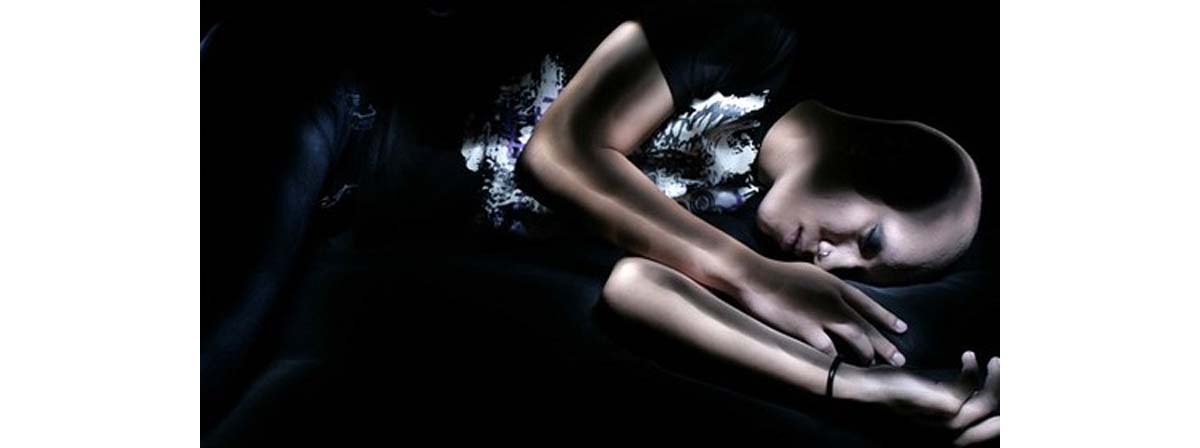Table of Contents
At any given time, about 1 in 10 people in North America and similar numbers in Europe suffers from clinical depression, and the overwhelming majority of these patients are given antidepressants of the selective serotonin reuptake inhibitor (SSRI) class — such as Prozac.

However, a drug that is used for anesthesia in hospitals and as an illegal hallucinogen at raves and on the street may offer an answer for hard-to-treat cases of depression in which other medications have proven to be ineffective.
Mayo Clinic Researchers Investigate Ketamine for Depression
Researchers at the Mayo Clinic recruited patients whose depression had not responded to other medications to participate in a clinical trial involving ketamine, a pain killing drug that is also known as "special K" on the streets, where it is sold as a recreational drug.
Ketamine relieves pain. In large doses, it can cause hallucinations, elevated blood pressure, bronchodilation, and a condition known as dissociative anesthesia, in which sight and sound are distorted and the user may experience dream-like states or trances, the loss of sensation without the loss of consciousness. The Mayo researchers tested the drug to see if smaller doses could relieve refractory, treatment-resistant depression.
Volunteers with refractory depression were given intravenous infusions of the drug for 100 minutes twice a week until their depression symptoms lifted or they had had four treatments. Half of the volunteers were essentially depression-free in two weeks or less while on this experimental treatment regimen. Two of the volunteers for the study remained depression-free for an entire month without taking any additional medications.
An "Evanescent" Response
Dr. Timothy Lineberry, medical director of the Mayo Hospital Psychiatric Clinic and one of the principal researchers in the study, refers to the ketamine treatment as inducing an "evanescent" (bubbly) response.
Because ketamine is readily available, doctors have a lot of experience in dealing with it, and the potential for physical addiction is low, more and more psychiatrists are prescribing the medication "off-label" (its use for treating depression is not approved by the FDA) for patients who have depression that does not respond to other medications.
At the Mayo Clinic, ketamine is not yet the standard treatment for refractory depression. In particular, it is not prescribed for patients who have had prior problems with "party drugs," or for alcoholics. However, pharmaceutical giant Johnson & Johnson is developing a new form of the drug for depression treatment.
- Duncan WC Jr, Zarate CA Jr. Ketamine, sleep, and depression: current status and new questions. Curr Psychiatry Rep. 2013 Sep. 15(9):394. doi: 10.1007/s11920-013-0394-z.
- Rasmussen KG, Lineberry TW, Galardy CW, Kung S, Lapid MI, Palmer BA, Ritter MJ, Schak KM, Sola CL, Hanson AJ, Frye MA. Serial infusions of low-dose ketamine for major depression. J Psychopharmacol. 2013 May. 27(5):444-50. doi: 10.1177/0269881113478283. Epub 2013 Feb 20. PMID: 23428794.
- Photo courtesy of Dudu Viana by Flickr : www.flickr.com/photos/dudumvf/2687382977/
- Photo courtesy of Schlonz by Wikimedia Commons : commons.wikimedia.org/wiki/File:Ketamine_10ml_bottle.jpg


Your thoughts on this